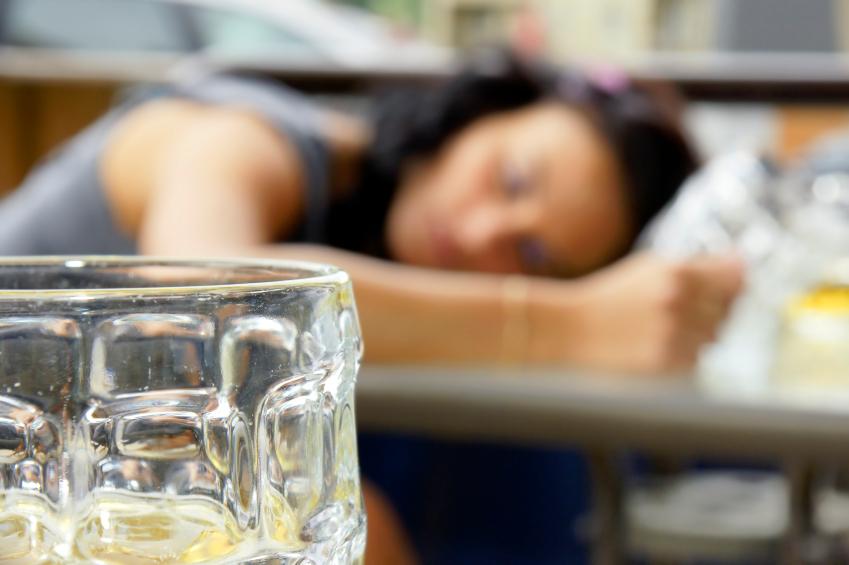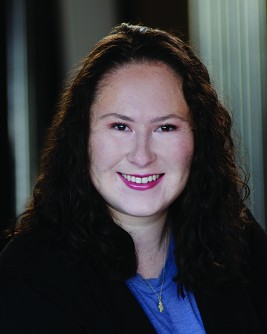

More than one in four Denverites binge drinks.
Public health officials analyzed new data and found Denver has higher rates of alcohol abuse than similar counties that include cities like Seattle, Portland, San Francisco and Austin.
“Those [comparisons] were revealing to us that not only is alcohol a problem in our country as a whole, but there’s also a specific problem in Denver,” said Bill Burman, director of Denver Public Health.
The findings are based on metrics that suggest alcohol problems, like the percent of the population who drink excessively. That information came from a self-reported behavioral risk factor survey, according to Burman.
The survey is conducted over the phone. Burman said around 1,000 people are called for that survey every year.
“When we looked at the results of that survey over time in Denver over the past five or six years, we had high rates of binge drinking across that period,” Burman said.
The findings also considered the number of fatal car crashes with alcohol involved compared to other counties.
The Centers for Disease Control defines binge drinking as, “a pattern of drinking that brings a person’s blood alcohol concentration to 0.08 grams percent or above. This typically happens when men consume 5 or more drinks or women consume 4 or more drinks in about 2 hours.”
People who drink excessively make up a greater portion of the adult population in Denver than in any other comparable city in the western U.S., according to Denver Public Health.
The reasons for this data are twofold.
First, Denver has a culture that revolves around alcohol, Burman said.
“I took my grandkids to a baseball game and the availability of alcohol, not just beer, at the baseball game is surprising,” Burman said. “It is everywhere and it is every kind of alcohol: tailgate parties at the Broncos games, the Great American Beer Fest, yet another microbrewery opening on every other block.”
Also, Burman said Denver underutilizes proven strategies to limit alcohol use, like alcohol taxes. Denver’s alcohol taxes are among the lowest in the country. Denver Public Health reports that Colorado ranks 39th in taxes on wine, 46th in taxes on beer and 47th in taxes on spirits.
“Alcohol is very available in our community,” Burman said. “There’s a retail density that is fairly high and, of course, we’ve done nothing but increase that in policy decisions over the last decade.”
Those policy decisions include expanding sales to Sundays in 2009 and allowing the sale of full-strength beer in grocery stores in 2019.
According to the CDC, most people who binge drink are not alcohol dependent.
In 2018, more than 10,800 people came to the Denver Health emergency room for an alcohol-abuse related issue, according to Denver Public Health.
“On a given day, at least half the people I see have a drug or alcohol issue, and most of it is alcohol,” said Dr. Julie Taub with Denver Health in a news release.
An average of 46 people per day were admitted to the detox center Denver CARES for public intoxication. Around 38 percent of fatal motor vehicle crashes in Denver involved alcohol. Burman said that’s relatively high compared with other urban areas, according to national transportation statistics.
“We are so used to alcohol that we don’t see its impact,” Burman said.
Part of repairing that blind spot, Burman said, is to educate the public about the negative health effects on the individual who drinks, those around that person and the costs of excessive drinking on governments.
Burman said he doesn’t know how exactly this information will inform public health initiatives, but he said the department plans to reach out to community organizations and health providers to encourage routine screening and counseling for alcohol abuse.
“We’re all attuned to changes,” Burman said. “We aren’t so good at recognizing and doing things about a chronic problem. And that’s alcohol. It has been there for a long time and it causes more health problems, [and] more cost than probably any other substance that is abused.”









